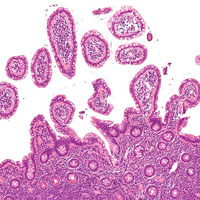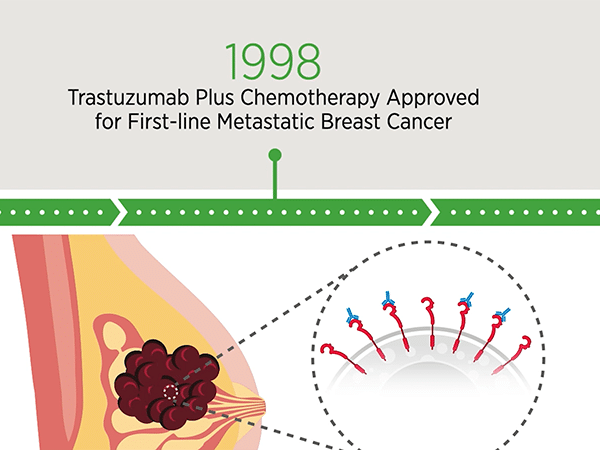From the Journals: Keys to Understanding Acquired Ibrutinib Resistance in Mantle Cell Lymphoma
Researchers at Weill Cornell Medical College have identified a mutation that may be responsible in mantle cell lymphoma for acquired resistance to the molecularly targeted therapy ibrutinib, according to a report in Cancer Discovery, a journal of the American Association for Cancer Research.
The mutation, BTK C481S, was identified after genomic analyses of healthy tissue and tumor tissue from patients with mantle cell lymphoma, which affects about 4,000 people each year in the United States, according to the Leukemia and Lymphoma Society.
The researchers also found that this mutation was not present in the 32 percent of mantle cell lymphoma patients who never respond to ibrutinib in the first place. They did, however, identify a molecular mechanism for this form of ibrutinib resistance and a drug combination—palbociclib plus ibrutinib—that may overcome it, a theory that they are now testing in a clinical trial.
Read the full press release, which was reported in Cancer Network, The ASCO Post, Cornell Chronicle, and the international blog Oncology Research.
Image: © 2010 Nephron




